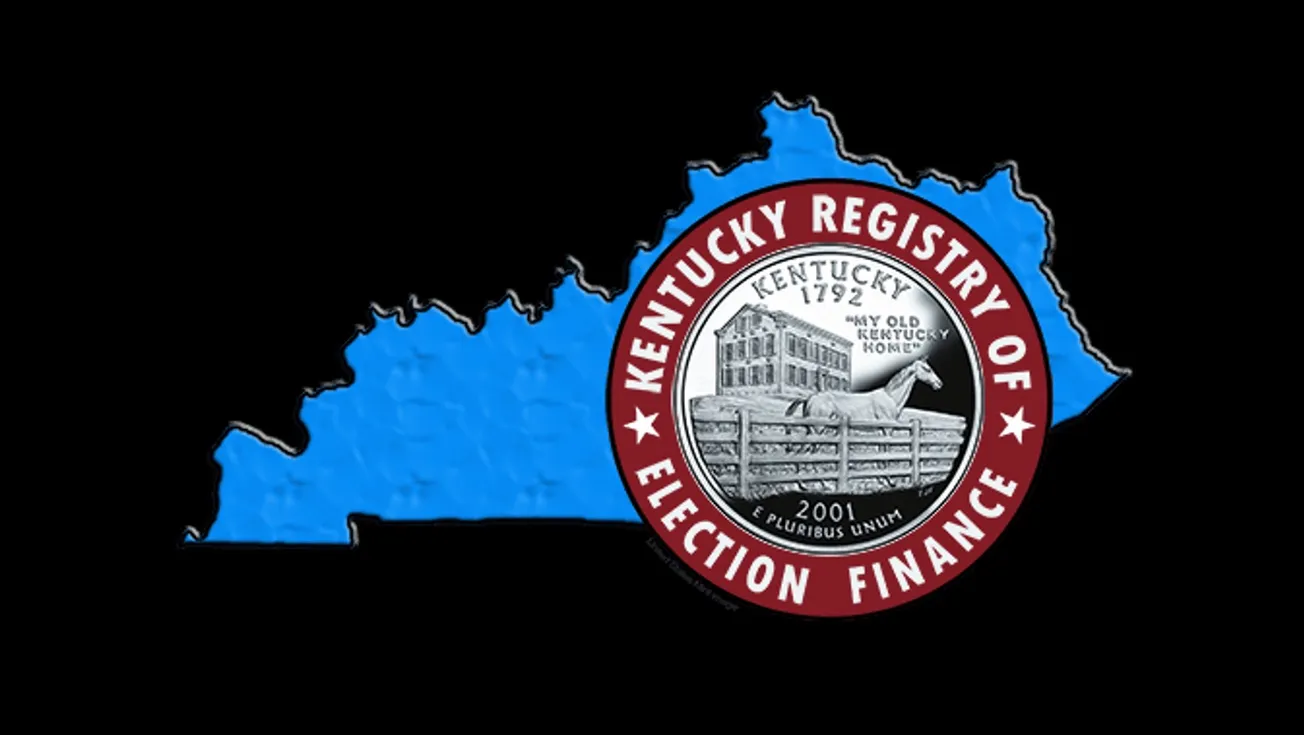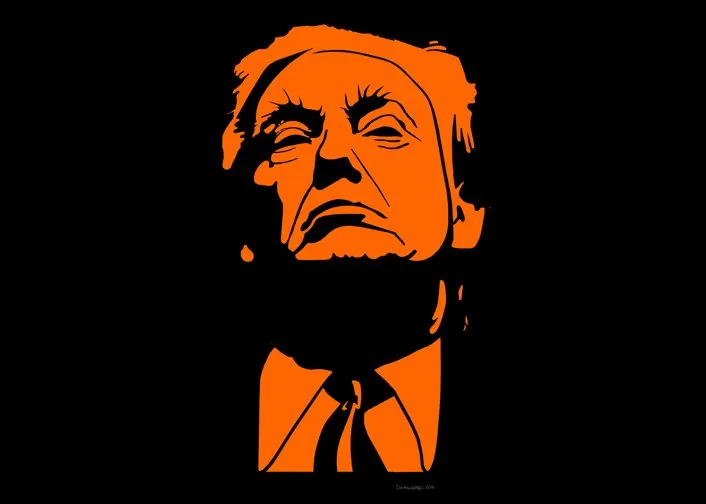State campaign finance regulators have launched a civil investigation into the excess campaign contributions given by London Mayor Randall Weddle to the reelection campaign of Gov. Andy Beshear and the Kentucky Democratic Party.
The Kentucky Registry of Election Finance (KREF) on Monday mailed notice of the investigation to Weddle and other interested parties.
The action marks the first evidence that any public agency is investigating the bundles of more than $300,000 in political contributions to Beshear and the KDP first identified as being large and unusual in a story by Kentucky Lantern on April 17.
State law gives KREF authority to investigate suspected violations of campaign finance law and — if it concludes a violation has occurred — impose a fine. KREF also can refer the matter to the attorney general or local prosecutor for further investigation of possible criminal violations.
The notice sent out Monday included a copy of an “internal complaint” signed by KREF Executive Director John Steffen alleging that Weddle and his wife Victoria “may have violated” the state law that prohibits a person from giving excess donations to a candidate or political party by donating in the names of other persons.

The notice says KREF has merged this new investigation with an earlier complaint filed against Weddle alleging violations of campaign finance laws in his 2022 campaign for mayor of London, the county seat of Laurel County. A copy of the notice was mailed to the person who filed that earlier complaint, Charles Douglas Phelps, who provided a copy of it to the Lantern.
The investigation process outlined in state laws and regulations gives Weddle 15 days to respond to the notice.
Weddle did not return a phone message left Thursday at the London mayor’s office. His attorney, Douglas McSwain, of Lexington, also did not return a phone message.
Steffen of KREF declined comment.
On April 17 Kentucky Lantern published a story that said campaign finance reports showed that Weddle’s family, employees and close business associates comprised a group of 19 donors who had given more money than any other group to boost the reelection hopes of Beshear — at least $305,500 in contributions to the Beshear campaign and Kentucky Democratic Party. None of these donors, Kentucky Lantern reported, had ever before made a large political donation.
At the time, Weddle noted he was not listed as a donor, and said he did not know how the big contributions of all of his family members and persons associated with a company he co-founded, W.B Transport, came about.
Initially Beshear, his campaign and party said there was no reason to suspect the contributions as being improper.
But on May 2, attorneys for the Beshear campaign and KDP contacted the election registry to report that they had been told by Weddle that $202,000 in contributions attributed in required disclosures to various relatives or associates of Weddle were actually made on a credit card belonging to Randall Weddle and his wife Victoria.
Steffen cited correspondence the registry received from attorneys for the Beshear campaign and the KDP stating that the contributions were made on the Weddle credit card as the basis for the “internal complaint” he signed against Weddle.
On June 19, the Beshear re-election campaign made this information public in a news release that said the campaign and KDP had inadvertently accepted $202,000 in “excess” contributions made in the names of other people but drawn on the Weddle credit card. The news release said the campaign and party had refunded these contributions.
State and federal laws limit how much a person can donate to a candidate or political party. At the time of the questionable contributions, the limit was $2,000 per election to a candidate and no more than $15,000 a year to a state political party. The limit on contributions to candidates has since been raised to $2,100 per election. State law makes it a crime for someone to willfully make excess donations by giving through the names of third-party “straw” donors.
Because he was actively running against Beshear for governor this summer when word of the excess contributions became public, Kentucky Attorney General Daniel Cameron was barred by a state ethics commission opinion from investigating this matter. Cameron’s office referred the matter to the FBI, but the FBI has declined to say whether it is investigating.
If the registry’s board ultimately finds that someone violated campaign finance laws, it can impose a fine of up to $5,000 per violation. If it finds evidence of possible criminal violations, it can only refer that evidence to the attorney general or local prosecutor for possible investigation.
Eric Hyers, manager of Beshear’s campaign, did not return an email from Kentucky Lantern.
--30--
Written by Tom Loftus. Cross-posted from the Kentucky Lantern.
Comments








